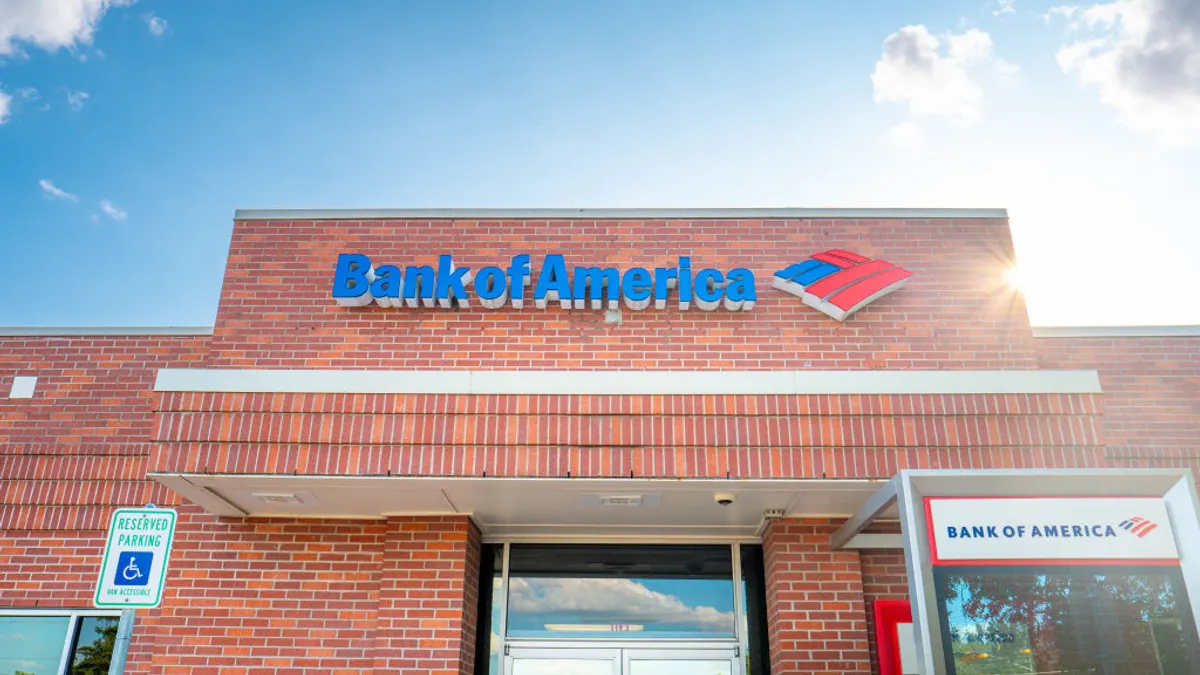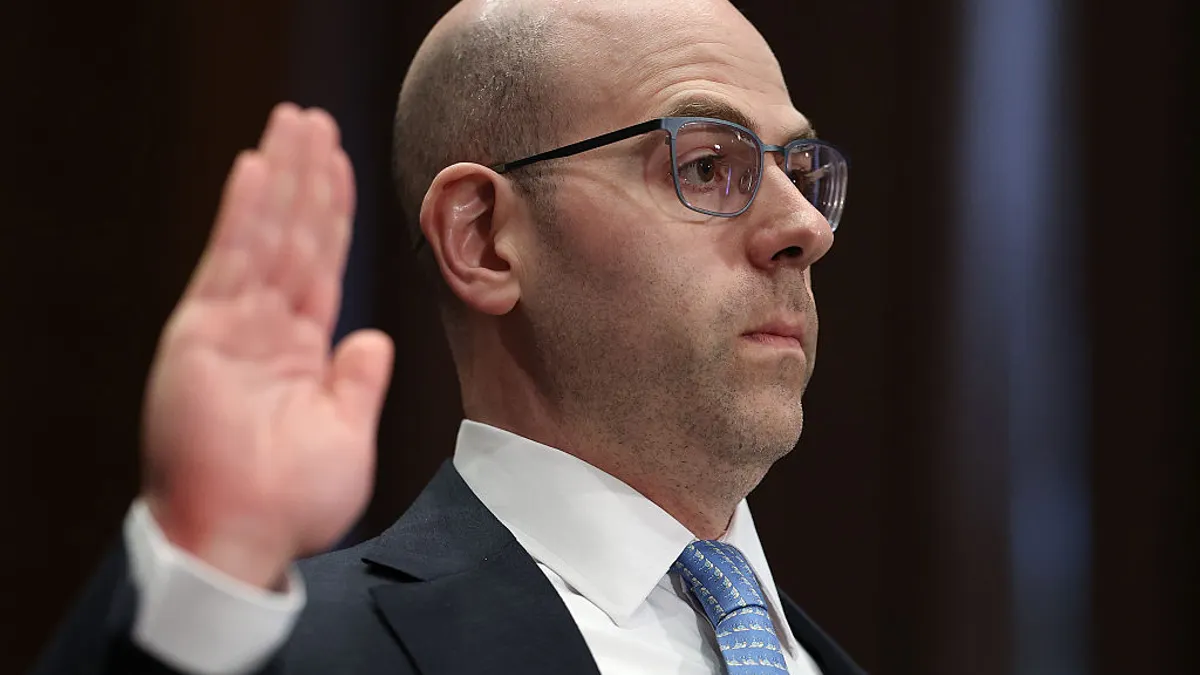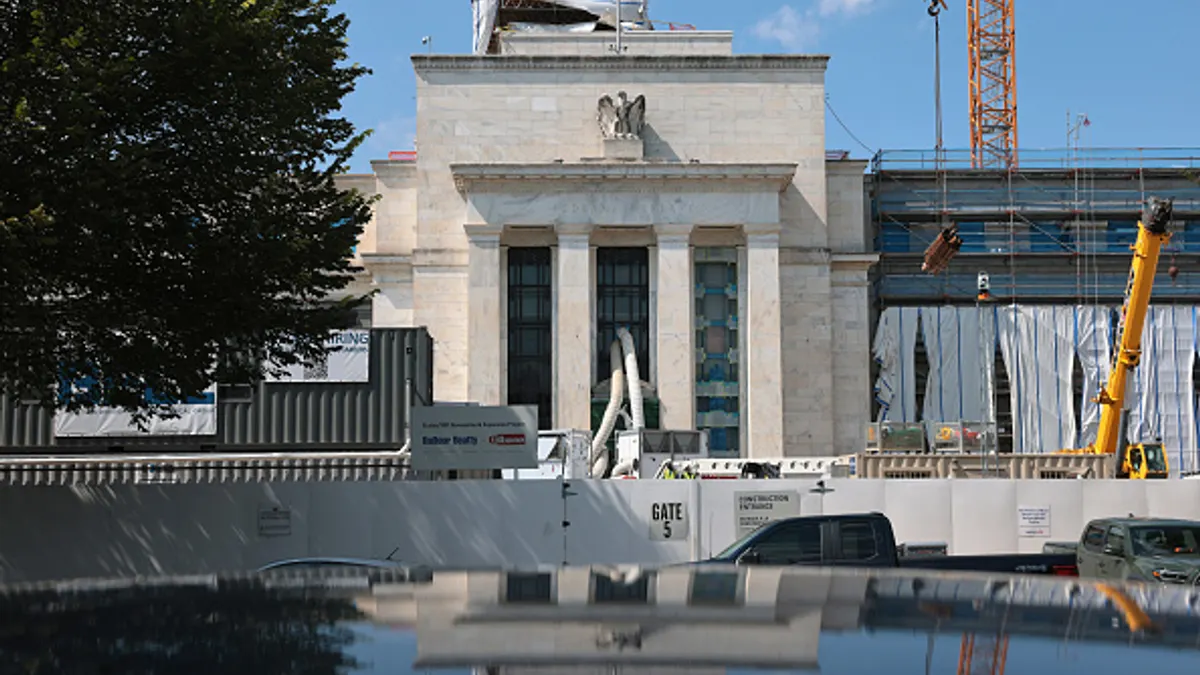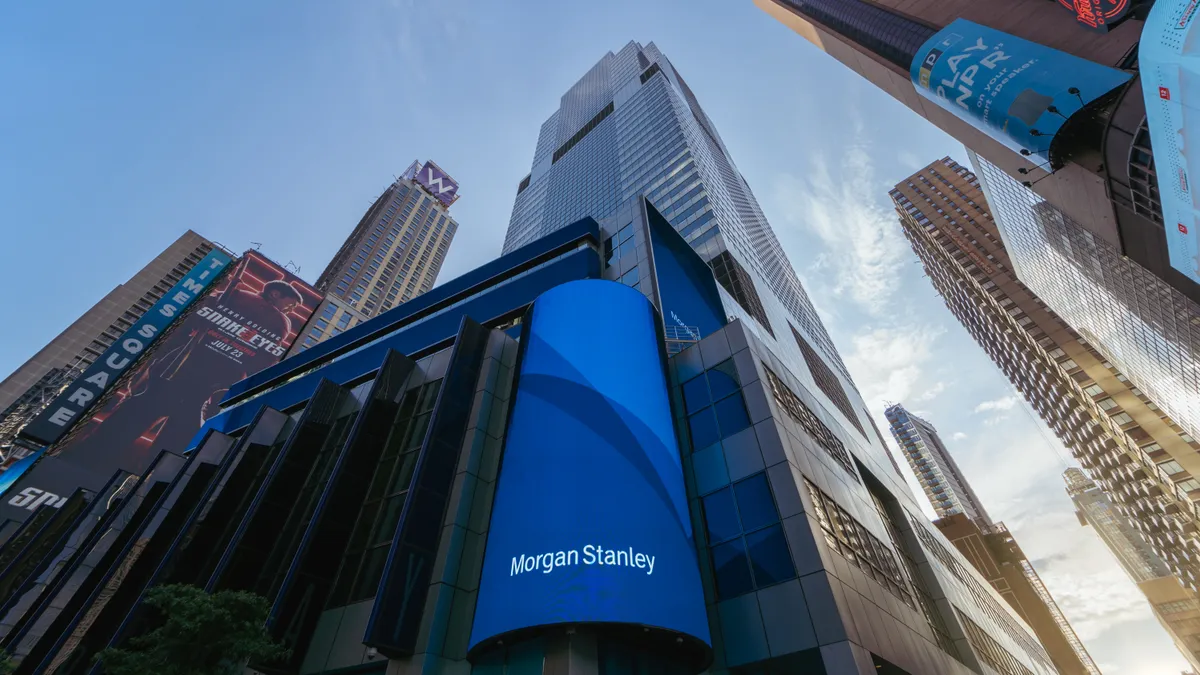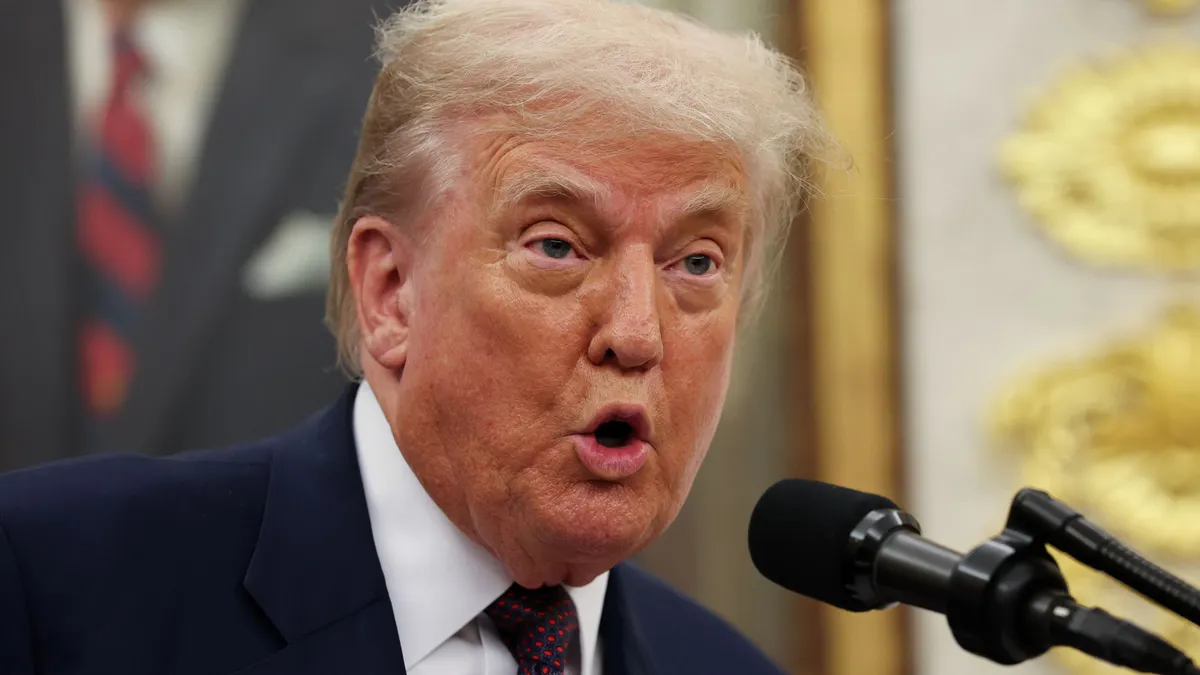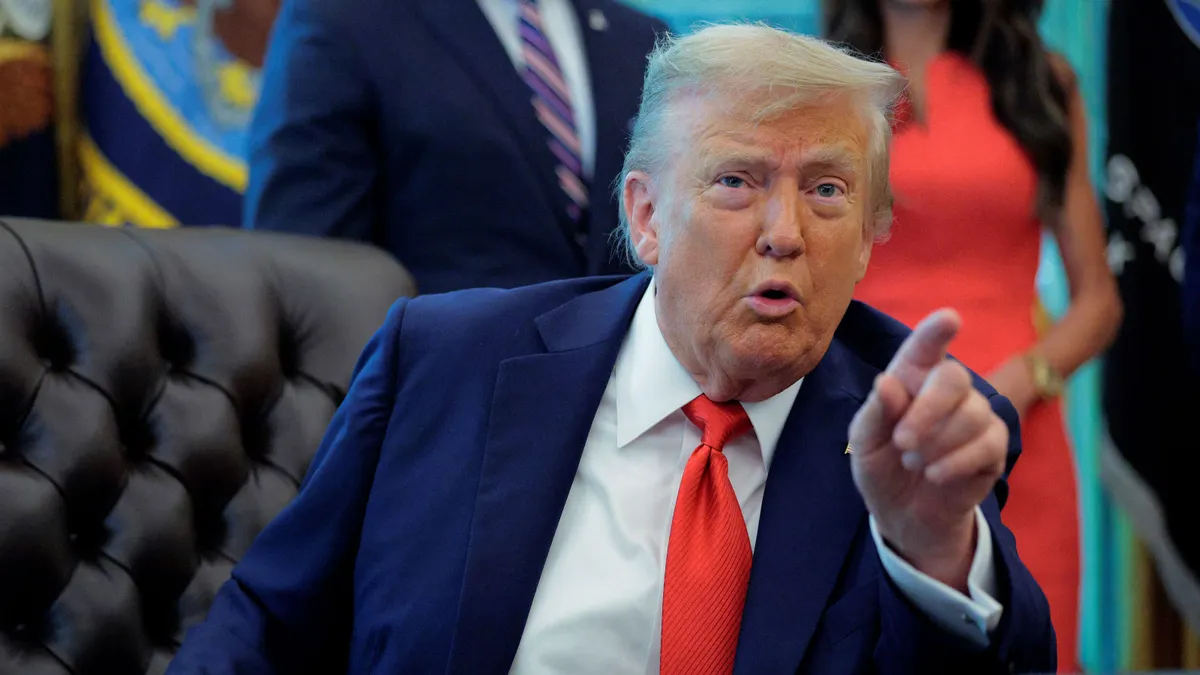Azher Abbasi, the head of supervision and credit at the Federal Reserve Bank of San Francisco, will retire Oct. 31, a spokesperson for the central bank outpost told Bloomberg and Reuters in an email Monday.
Abbasi leads bank supervision at the San Francisco Fed, which was responsible for oversight of Silicon Valley Bank before it failed. Abbasi has come under fire — though not by name — in after-action reports and by members of Congress in connection with the lender’s collapse.
Niel Willardson, who served for eight years as the Minneapolis Fed’s senior vice president of supervision, regulation and credit, will replace Abbasi as interim executive vice president Oct. 1.
The San Francisco Fed did not immediately respond to questions from Bloomberg regarding the timing of Abbasi’s departure. Abbasi did not respond to emailed requests for comment.
Michael Barr, the Fed’s vice chair for supervision, testified to lawmakers in May that no Fed employees had been removed from their jobs as a result of the SVB collapse.
What Daly has said
Early in the aftermath of Silicon Valley Bank’s failure, observers sought to analyze who could have done what preventatively. The Fed, broadly, and its San Francisco satellite specifically, came under scrutiny, with detractors assailing the supervision for a perceived lack of urgency.
San Francisco Fed President Mary Daly last month said SVB’s failure stemmed from regulators acting too slowly after identifying issues within the bank.
“There’s slowness between when things are spotted and when their enforcement actions or other things are taken and that pipeline of speed is not very speedy at any juncture,” she said. “That’s not just a San Francisco thing.”
Bank supervisors in her district share the blame for failing to act after detecting red flags, she said, but supervision is extensive — and directed by the Federal Reserve’s board of governors.
“Supervision is a system-wide activity, but different parts of the system have different roles and responsibilities,” she said. “While many of us do not own the decision — those rest solely with the Board of Governors or Michael Barr ... — we all own the outcomes. And so, when the outcomes aren’t what we want them to be, we all work collectively to make them better going forward.”
Barr
Barr placed blame on bank management and regulators alike.
“Regulatory standards for SVB were too low, the supervision of SVB did not work with sufficient force and urgency, and contagion from the firm’s failure posed systemic consequences not contemplated by the Federal Reserve’s tailoring framework,” Barr said in a statement accompanying the Fed’s April report on Silicon Valley Bank’s collapse.
Fed supervisors in late 2021 found deficiencies related to liquidity stress testing, contingency funding and liquidity risk management. Central bank personnel issued three additional findings in 2022, citing ineffective board oversight, risk management weaknesses and internal auditing. Fed supervisors met with SVB’s senior management in October to express concern over the bank’s interest rate risk profile.
The Fed’s board was briefed on SVB’s woes in mid-February, Barr said, but “staff discussed the issues broadly” and relayed that they were “actively engaged with SVB but, as it turned out, the full extent of the bank’s vulnerability was not apparent” until a bank run one day before SVB failed.
Also at issue, SVB tripled in asset size between 2019 and 2022, and that growth moved the bank into a different asset category. SVB was given a new team of supervisors at the Fed.
“[Regulators] need to ensure we have a culture that empowers supervisors to act in the face of uncertainty,” Barr told the House Financial Services Committee in May.
Regulators “should be encouraged to evaluate risks with rigor and consider a range of potential shocks and vulnerabilities so that they think through the implications of tail events with severe consequences,” he said.
Warren and Powell
In a letter days after SVB’s failure, Sen. Elizabeth Warren, D-MA, asked Fed Chair Jerome Powell if he had “reviewed the supervisory efforts of the SF Fed.”
“Do you agree that failures in the supervisory process helped create the conditions that ultimately resulted in the collapse of SVB and the threat of contagion posed by that collapse?” she asked.
For his part, Powell said in June “these events suggest a need to strengthen our supervision and regulation of institutions of the size of SVB.”
Abbasi joined the San Francisco Fed in 2015 as vice president of the audit group and was promoted to senior vice president the next year, according to his biography web page.
Willardson worked at the Minneapolis Fed from 1990 to 2022. In addition to his time in bank supervision, he was named general counsel in 2005 and the Minneapolis Fed’s corporate secretary from 2009 to 2017.







